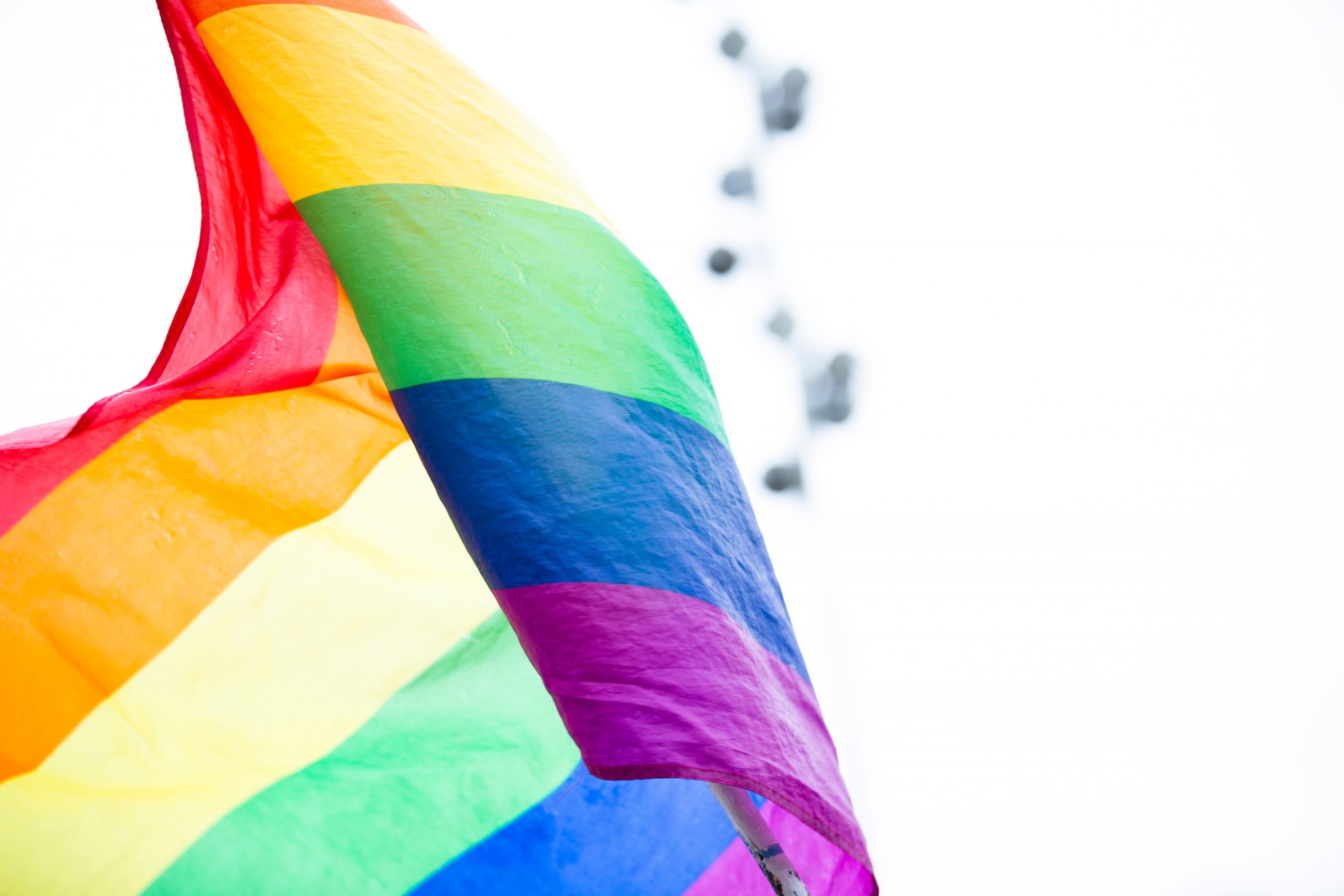Being shoved into a flat full of strangers during fresher’s week can be daunting for any first year, and for LGBT+ students it can be particularly challenging. You are fearful that this cocktail of strangers, who you must share a year of your life with, won’t understand you or may judge you.
According to Stonewall’s University report in 2018, 42 per cent of LGBT+ students have hidden their identity at university for fear of discrimination. The study also found that more than a quarter of LGBT+ students say they were excluded by other students for being LGBT+. So when The Union of Kingston Students (UKS) passed a motion in 2020 to offer an opt-in LGBT+ housing scheme for KU students, it felt like a very positive step in the right direction. Why then, almost two years after the motion was passed, has this scheme still not materialised?
Covid-19 and the importance of community
After Covid-19 took away many of the social spaces and safety nets of the LGBT+ community, it feels more important than ever for universities to step up and offer some sanctuary for students. According to The Trevor Project (2020), Covid-19 negatively impacted the mental health of LGBT+ youth and presented them with challenges such as stressful living situations. The wellbeing of LGBTQ+ students is paramount, and a commitment to alleviating anxieties surrounding halls of residence should have been a priority, given that many LGBT+ students come to university to alleviate struggles with identity which happen at home.
The statistics showing the decline in LGBT+ mental wellbeing should have given the University the boost to do something so students during Covid and beyond had the infrastructure to meet other LGBT+ people more easily.
The LGBT+ students who are supporting their community
The Union of Kingston Students predict that the scheme will come to fruition in the 2022/23 academic year. While confirmation that this scheme is still going ahead is positive, it means three whole academic year groups of LGBT+ students have not had access to inclusive housing.
Of course, Kingston University must be credited for being one of the first universities to champion a scheme like this. The LGBT+ representative for the KU, Shane Simpkin, should also be acknowledged for their commitment to providing this service to students. Simpkin and the LGBT+ Society saw the lack of response from the University after the housing motion was passed in January 2020. They took initiative by creating a LGBT+ Students Housing Collective, a Facebook group designed specifically so that LGBT+ students at KU could connect with one another and find people to live with. Despite these efforts from the society, it is much harder for students to find one another without a university-wide scheme in place, something which the proposed opt-in scheme promised to offer.
What is already in place for LGBT+ students at KU?
According to UKS, one thing the University has committed to is LGBT+ awareness training for students and staff, which was also suggested in the motion. It outlined that priority groups for this training are residence staff, halls providers and the accommodation team at the Student Life Centre, given that they are the people who handle student’s living situations.
It truly is a great shame that KU seemed to put the rest of the proposals in the motion on the back-burner. Given everything that we have learnt this year about LGBT+ safety, with Vice World News reporting this month that homophobic hate crimes have risen by 210 per cent over the last six years, we know that we have safety in numbers. Is the university not somewhat responsible for ensuring that marginalised students are made to feel safe, and helping them to access people within their communities?
No more delay
As a Queer student who has found immense safety amongst other LGBT+ students, it is disappointing that this scheme was not made high priority by the UKS and by KU. Once again the LGBT+ community have demonstrated their resilience and sense of community by providing support for one another where their institution has failed to. This expectation is neither sustainable nor fair. The commitment to provide LGBT+ housing for future years must not be postponed any longer.

